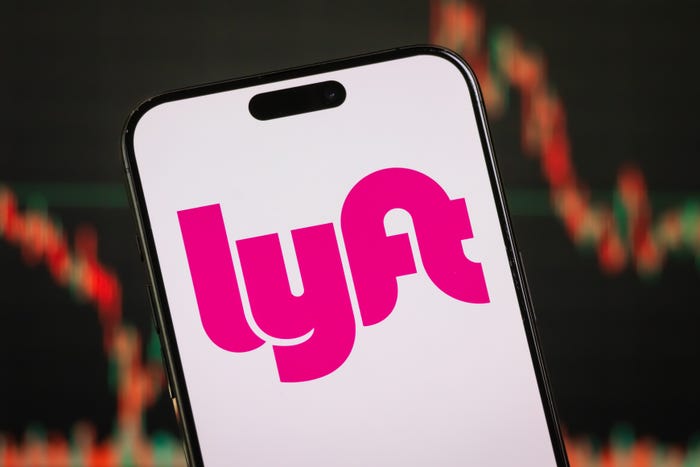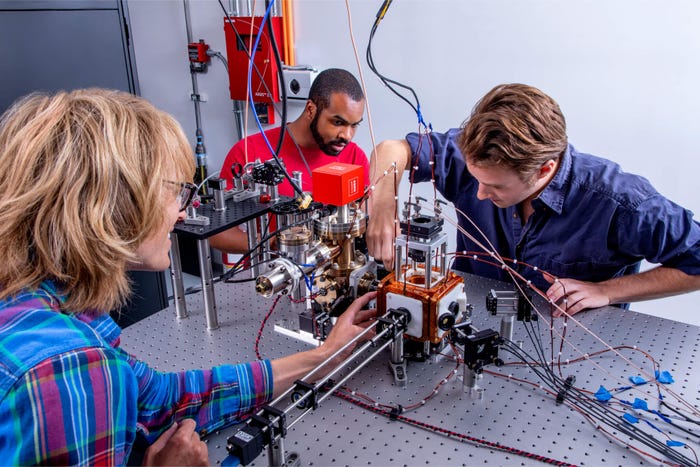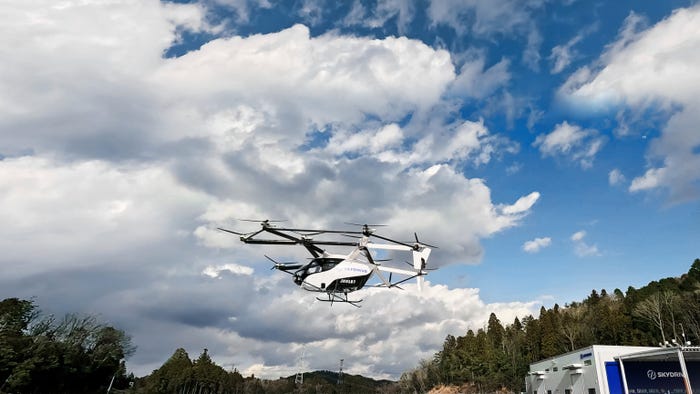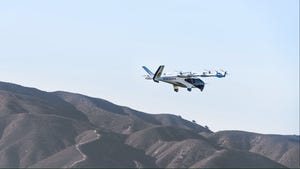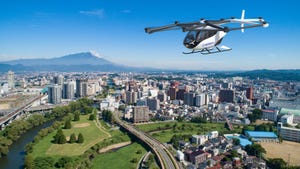War of Operating Systems Moves Into Everything ElseWar of Operating Systems Moves Into Everything Else
The operating system war has started again.
January 6, 2017

The once white-hot fights over the dominant operating software for PCs and smartphones are settled, of course. Microsoft won PCs. In smartphones, Android won on volume and Apple Inc. won on profits.
Now that computing is spreading into everything from jet engines to T-shirts, the old and new tech combatants are vying to control the underlying software of nearly anything that could be made with a computer brain: driverless cars and car components, televisions, appliances, home speakers and much more.
It's hard to know what the end game looks like — or even what the goals are — in this new operating system war, but it is the most interesting fight in technology. The early leaders are Google and, surprisingly, Amazon, with Apple hanging around. Here's a look at some of the combatants:
Google: Characteristically, Google parent company Alphabet Inc. is the messy, do-everything company. It is pushing an Android-based entertainment system into cars. It's pushing a different Google operating system, Chromecast, into TVs and web video boxes that connect to TV. Google Home is yet another of the company's attempts to become a digital brain at the center of people's homes. On the road, it has announced deals to test its operating system for driverless cars with automakers including Fiat Chrysler Automobiles NV.
Combined R&D Spending of Amazon, Google and Apple
$35 billion
Amazon: I've written before that Amazon.com Inc. has become a surprising contender to control the operating system for the home. And the company dominated the first hours of this week's consumer electronics mega trade show in Las Vegas. Its television software or Alexa voice assistants are coming to television sets, voice-controlled home speakers made by Lenovo, appliances such as ovens and washers, and a digital video recorder. There's speculation that Amazon driverless vehicle technology might be next.
Apple: The company has pushed its iOS operating software from phones into car entertainment systems, a controller for home devices like thermostats and door locks, and maybe soon into a tech system for driverless cars. This is a stretch for Apple, which has mostly been confining its software operating systems to its own computing devices.
The laggards, so far: Samsung Electronics Co. has been trying to put its self-built operating software into its own brands of television sets, refrigerators, smartphones and more. This doesn't seem promising. And where is Microsoft Corp.? Maybe it's content to leave the fight for consumer computing devices to others and focus on the big bucks in business software with its Azure cloud computing service, which may benefit from the proliferation of things with computing brains.
Many spoils went to the victors of the last operating system wars. Microsoft's dominance of the software guts for personal computers gave it a foothold to build one of the dominant companies over three decades. Apple's reinvention of the smartphone tied to its operating system made it the most valuable corporation in the world. It's debatable how much Google has benefited directly from its control of Android, but at the very least Google's web search dominance has been aided by Android's role in 85 percent of the world's smartphones.
In the continuing war over every other computing thing, it's so far unclear what the big prizes might be. How do Google, Apple or other contenders for driverless cars plan to make money? Is Amazon pursuing software-controlled things to lure more shoppers, to funnel more business to its Amazon Web Services business, or for some much bigger goal in Jeff Bezos's brain?
Like most tech fights, this one won't be cheap. Amazon, Apple and Alphabet already collectively spend more than $35 billion a year developing new technologies. And the diversity of internet-connected things in industrial settings and elsewhere ensures the market probably won't coalesce into one or two big winners, the way personal computers, computer servers and smartphones did.
It's easy to mock voice-controlled “smart” refrigerators and toasters as tech mania gone to extremes. But the broader operating system fight matters. The operating system competition among tech giants shaped consumer technology in prior eras, and this new war ensures the coming years are going to be interesting and messy.
About the Author
You May Also Like
